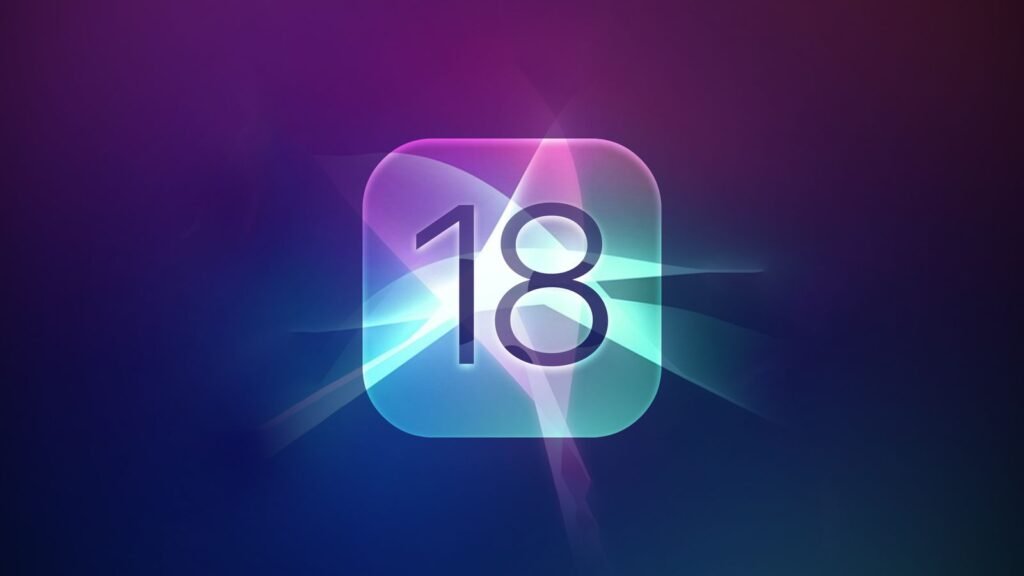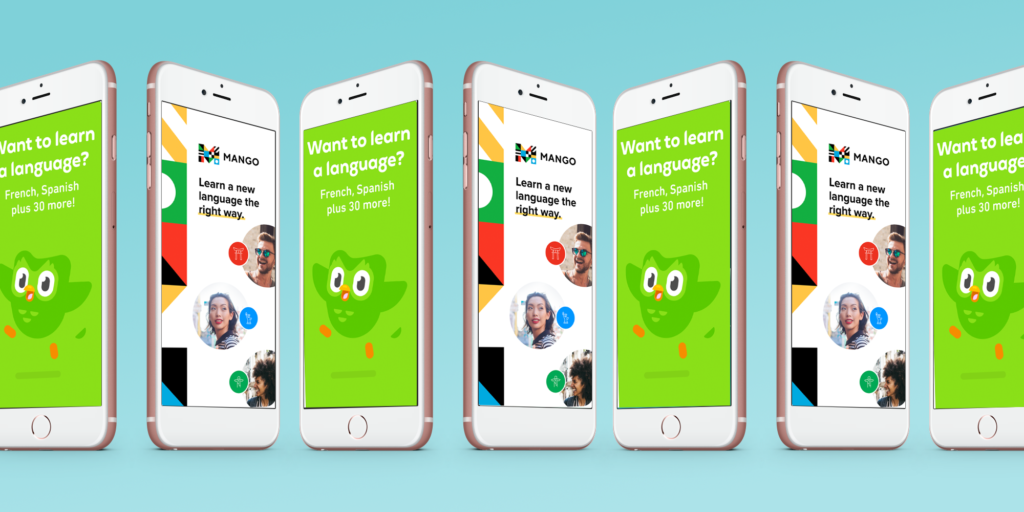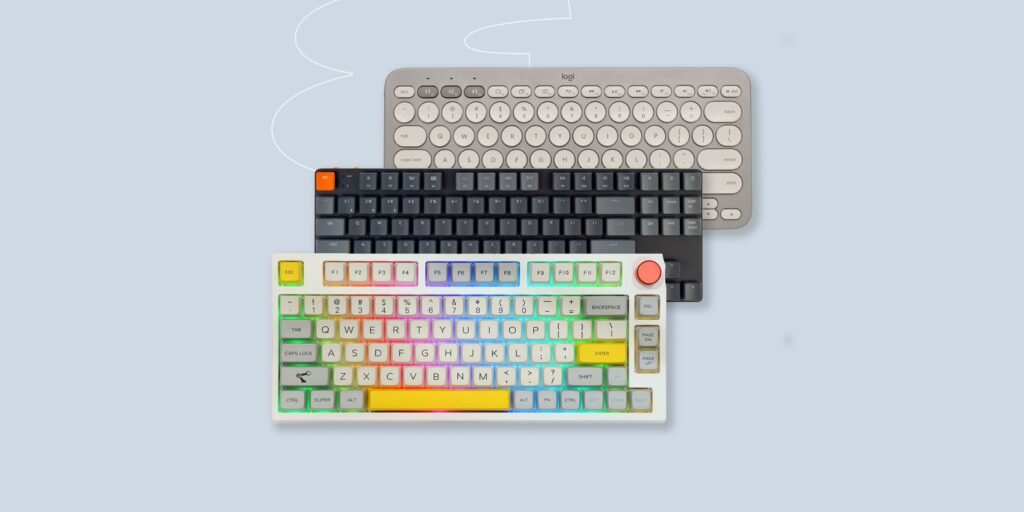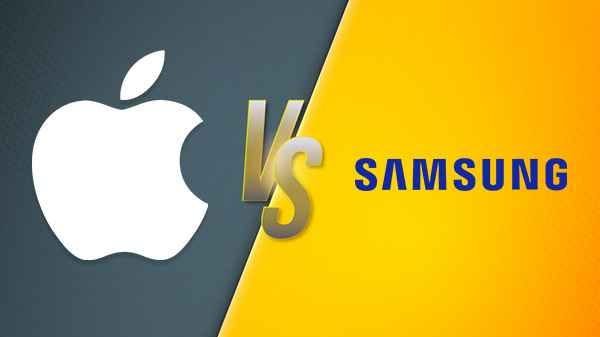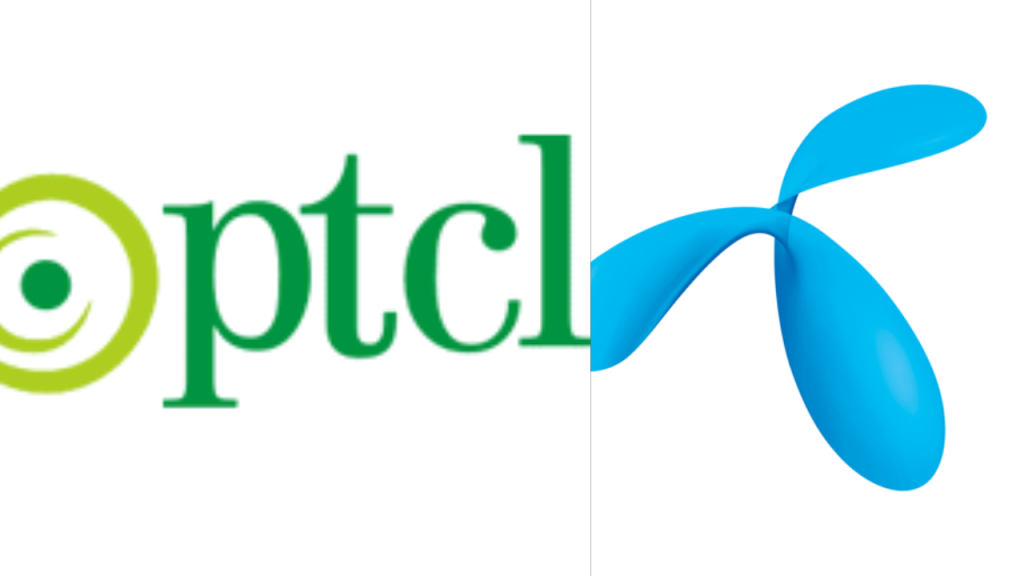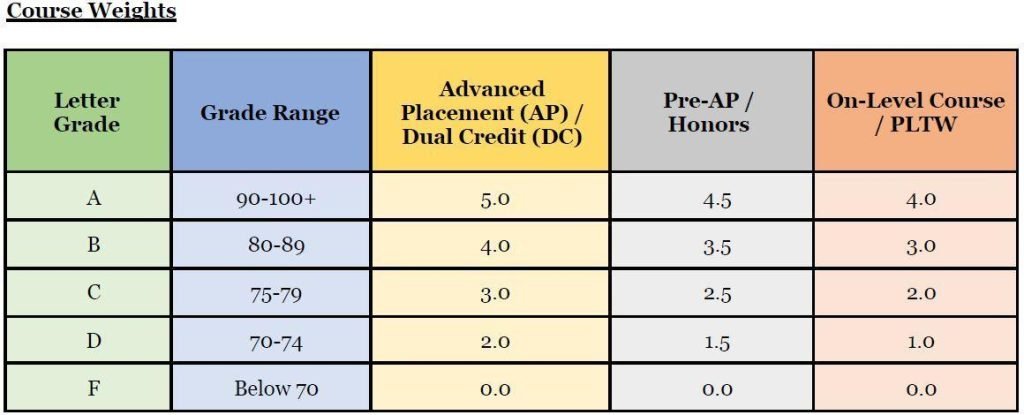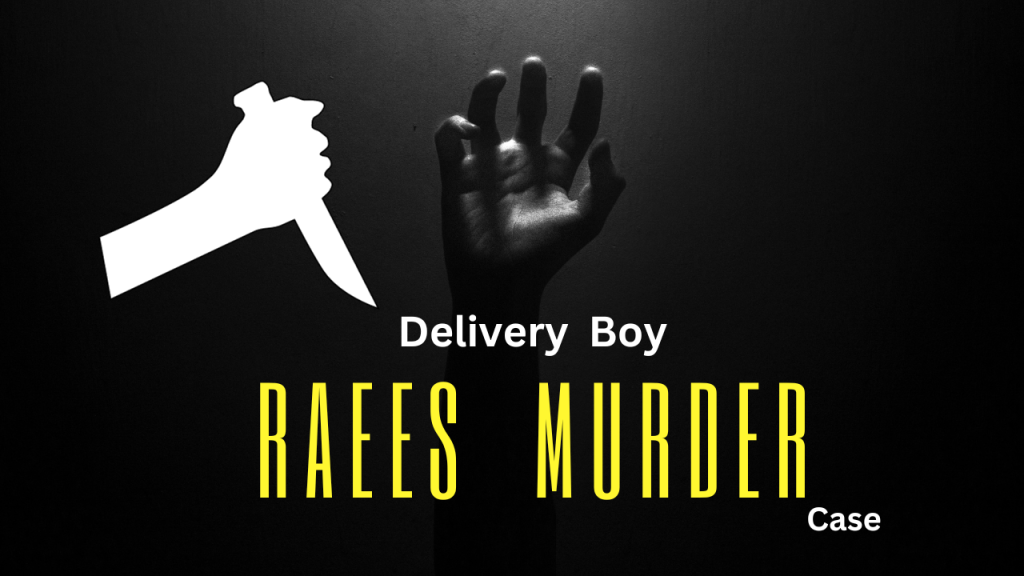Top 5 Best Apps to Learn Languages

The Top 5 Best Apps to Learn Languages for the year 2024 have been carefully listed. These apps are going to make your language learning journey feel like a breeze . Additionally these apps help you to perfect your accent as well . So what are you waiting for? Lets straight up dive into this amazing journey together.
List of Top Five Best Apps for Language
Learning:
The Top five Best applications for language learning in 2024 are as follows;
Duolingo:
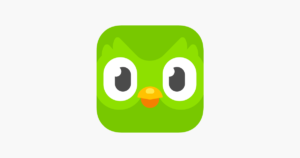
Duolingo is the 1st of the list from the Top five best applications for language learning in this year. You can now masters gamification better than anybody else, and they’ve cleverly incorporated an addictive hook into their language practice to keep you interested. You’ll quickly find yourself enviously guarding your daily streak because it’s simple to use, slick, and enjoyable. Because the course is structured and each module is divided into subjects, you have to finish a few lessons before you can access others. In addition to covering social scenarios like dates and surprise parties, modules address grammar issues. There are helpful hints strewn all around, along with a nice blend of learning strategies including stories, riddles, prompts, and explanations of typical errors. A GPT-powered chatbot has recently been added to Duolingo, but using it needs the pricey Max membership.
Duolingo is still heavy on speaking and listening, and it won’t teach you to be fluent on its own, even though it has moved beyond its emphasis on vocabulary acquisition by including podcasts and stories in addition to the standard reading and writing assignments. There are tons of excellent content available on the free tier, but there are advertisements. Because you can only have five hearts per day and lose one for making a mistake, the gamification aspect of the game can also be frustrating. By purchasing Duolingo Plus, you can get rid of the restrictions and advertisements and study offline. The main material is all free, however there are in-app purchases available.
Babbel:

The app’s simple design keeps learning a new language—for me, French—from looking overwhelming without becoming monotonous. Every session walks you through translations, covering word or phrase variants, visuals, and formality or informality—a crucial distinction in many languages. It gives you the letters used if it asks you to spell a phrase.
Additionally, you get to witness the new words you’re learning used in everyday conversations, hear them said aloud (if you want to), repeat the sentences, and get additional knowledge about verb groups. It’s simple to fit the 15-minute language courses into your schedule, whether it’s during your lunch break, before bed, or during your commute. You can monitor all of your progress in the My Activity area.
Currently available in 14 languages, Babbel offers free registration and a free trial of each course. A $15 monthly subscription is required. Additionally, you have the option to renew every three months ($38), every six months ($67), every year ($89), or pay $349 once for lifetime access. Babbel Live is an alternative subscription option that offers a more conventional language learning experience with online lessons taught by a teacher and other students. With this premium subscription, you can sign up for as many classes as you want for one month ($90), three months ($209), six months ($359), or a year ($599).
Memrise:
Program with an emphasis on actual videos and spaced repetition that is easy to use.
Languages available: User-generated content in additional languages is available in 23 languages, including Spanish, French, German, Japanese, Dutch, Turkish, Yoruba, Icelandic, and more.
Offer price: $5.00 per month to $119.99 for lifetime membership; most content available for free
With complete control over your learning process, Memrise uses spaced repetition technology to assist you in becoming proficient in new words and phrases. It’s also a massive multilingual vocabulary directory. Just be prepared for a lack of practice using the language and explanations of grammar.
Rosetta Stone:
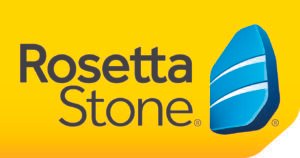
One of the greatest language-learning software packages is Rosetta Stone, especially for new users. It is particularly good at presenting vocabulary and foundational grammar, including agreement and conjugation, in an engaging manner. You don’t even realize how much work goes into designing a program that exposes you to new concepts at the appropriate times while learning is going smoothly, and that’s a big part of what makes Rosetta Stone so great. Rosetta Stone’s incredibly organized and straightforward courses, which are presented in a recommended order, also do a great job of encouraging you to dedicate 30 minutes a day to learning and studying.
For novices and certain students at the early intermediate level, Rosetta Stone is ideal. You’re probably over Rosetta Stone’s capabilities once you can read and speak in a language fluently enough to have some conversation. But Rosetta Stone works best when you’re just starting out with a new language and still feel a little awkward about it.
The advantages of this app is outstanding user encounter, extremely logical,smooth desktop and mobile UI design. Online tutoring sessions that are optional and fantastic additional material
Busuu:
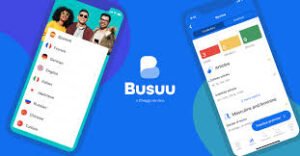
Busuu is a good choice because it offers an organized language learning program with the typical mix of grammar drills, flashcards, and informal discussions. This might be in the bottom of the lift of the top 5 apps to learn languages but let me assure you this app is much better than the other apps you see the market. Though I enjoy seeing the brief chat videos, the user review is by far the finest feature. With Busuu, you are paired with a native speaker of the language you are learning, who will critique and offer comments on your written and spoken work. You can reciprocate by doing the same for other users. In addition, adding friends fosters a sense of community and provides you with information you might not otherwise obtain. Additionally, Busuu now offers live group and one-on-one instruction.
There are 14 languages available on Busuu, however some reviews claim the quality varies. Although learning Spanish is a common language, I thought it was excellent. The quality of the user review comments varies, and there are certain typing activities that are a bit tedious. The foundational lessons for a single language are available for free, but in order to remove advertisements, access more content, receive AI-powered evaluation, receive priority community comments, and receive certifications, you must sign up for the Premium plan.
How to Make the Most of the Top 5 Best Apps to Learn Languages:
Take Into Account Using Several Applications in this list of the Top five best applications to language learning this year.
Paid apps and free apps complement one other effectively.
Don’t put boundaries on yourself! Apps are free. So there’s no excuse not to try all of the apps listed in the top 5 best apps to learn languages.
In this manner, you may experience firsthand how each program functions and what it has to offer.
You can then decide which software or apps you want to continue using with knowledge.
Free trials are available for many paid apps; by all means, take advantage of them.
There’s a free trial period (yeah!) . So you can determine whether the app is worth spending your hard-earned money on by using it.
Mobile applications are undoubtedly the best way to employ new technology to gain knowledge anything today. Regardless of your preference for completely free or paying for a more expensive product.
Thus, give these Top 5 Best Apps to Learn Languages a try today! It’s better to be late than never.
FAQs for Top 5 Best Apps to Learn Languages:
What is the No.1 app in the list of the Top 5 Best Apps to Learn Languages?
In the list of the top five best application for language learning Duolingo is no dauntedly No.1.
Which application is best for learning a language fluently?
Mango Languages is the on of the Top 5 Best Apps for Learning to Speak.
More effective than Duolingo in the list of the Top 5 Best Apps to Learn Languages?
In the list of the Top 5 Best Apps LugoDeer is 2nd to Duolingo .
Which four languages are the greatest to learn?
Chinese Mandarin
Japanese
German
French.

 English
English 




















